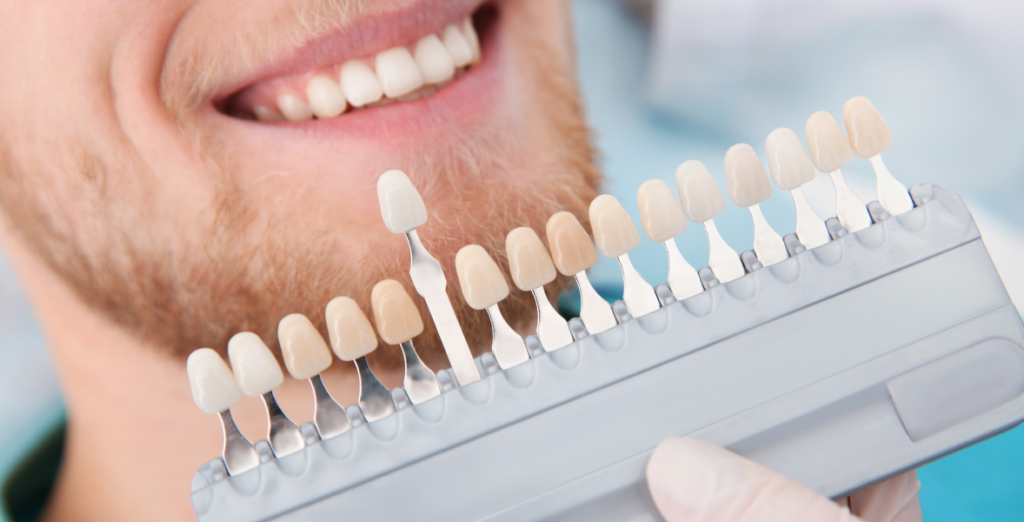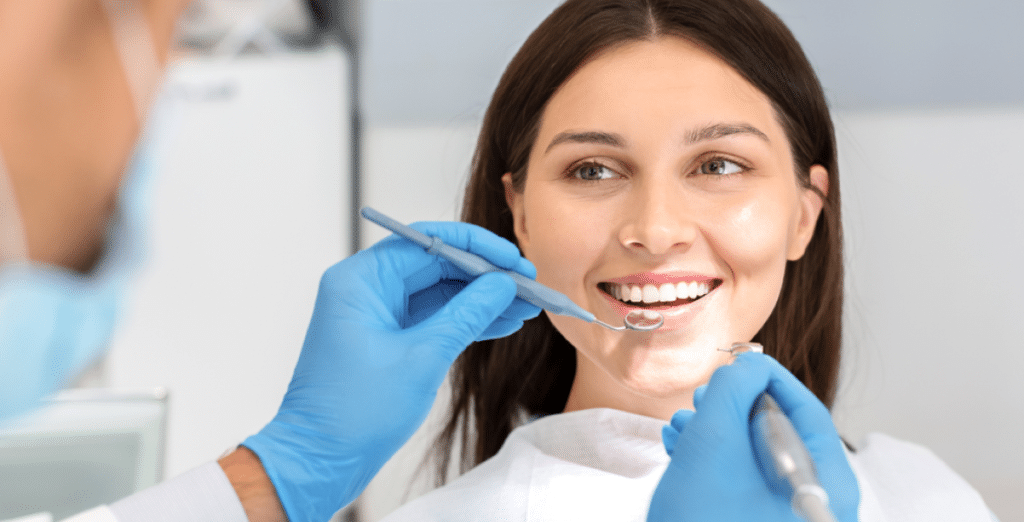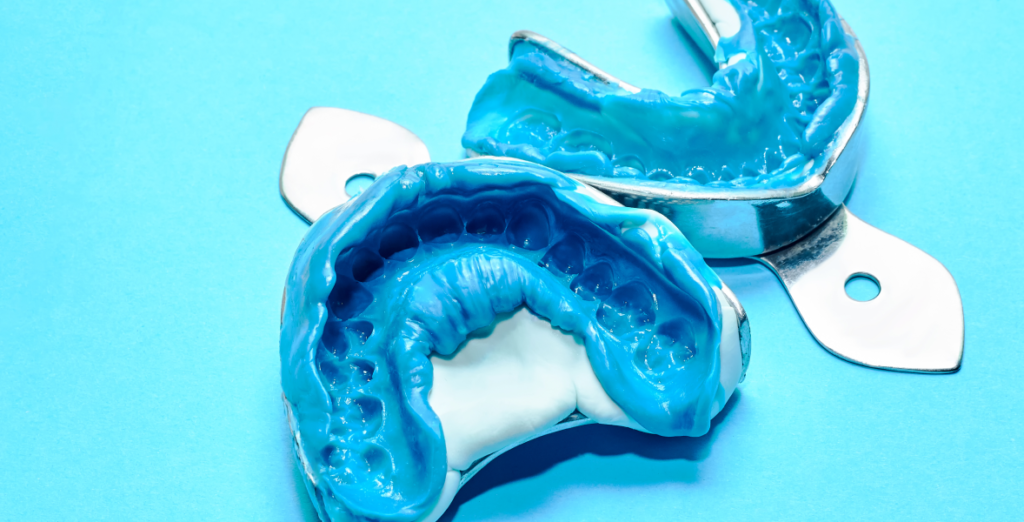This treatment is for you if…
You want to have a film star smile.
What are veneers teeth?
Veneers teeth are a treatment to improve the appearance of teeth. They involve the placement of porcelain sheets on the front side of the teeth, improving their aesthetic appearance. Veneers teeth improve the colour and shape of teeth. Moreover, they can occupy the spaces formed following gum recession.
People that normally opt for veneers teeth treatment are those that want to improve their aesthetic image, especially the colour, shape and position of their teeth. However, not all people are apt for this type of treatment. A professional must examine your case to ensure that you can use them.
Veneers teeth provide an aesthetic solution to problems caused by pyorrhoea or periodontitis, but they are not a health treatment to cure these illnesses.
Usually, patients that undergo veneers teeth treatment generally have good oral health. It is important to have healthy teeth and gums. It is also important to have enough teeth enamel. Without it, the veneers will not be held correctly.
What types of veneers teeth exist?
Veneers teeth are thin sheets placed on the front of the teeth to improve their appearance, and they may be manufactured with two different materials: porcelain and composite.

Porcelain veneers teeth
On using this material, porcelain veneers have the advantage that they are highly resistant to stains. Furthermore, porcelain has an aspect that is very similar to natural teeth when they are healthy and white. This also means that they reflect the light in a very similar way to original teeth.
Moreover, porcelain veneers can correct problems such as wear and tear, and cover splintered or broken teeth. They can also coat teeth reconstructed with resin that have become discoloured.
Composite veneers teeth
Las carillas de composite, un material fabricado con varias resinas compuestas, tienen la Composite veneers, a material manufactured with various composite resins, have the advantage of being reversible. The preliminary dental work is minimum; hence they do not permanently alter teeth. Accordingly, the material can be removed and replaced.
Also, they have the disadvantage that they do not imitate tooth enamel as well as porcelain veneers teeth. Furthermore, since resin is porous, the veneers may become stained and are likely to become splintered or fractured. However, their treatment is much quicker and less invasive than porcelain veneers teeth.
Advantages of veneers teeth
Veneers teeth are mainly fitted for aesthetic purposes. However, it is necessary to take into account that they cannot resolve all problems. Depending on the objective, it may be necessary to recur to treatments such as teeth whitening or orthodontics. The advantages and disadvantages of veneers teeth are as follows:
- Whiter smile. Veneers teeth can conceal severely stained teeth, even those in which teeth whitening treatments cannot be fully effective.
- Recover the natural appearance of your teeth. In porcelain veneer treatments, teeth recover their original colour and they reflect light virtually the same as natural teeth.
- Recover the form of your teeth. One of the advantages of veneers teeth is that they can hide minor imperfections, such as chips, cracks or small fractures.
- Minimally invasive treatment. Unlike most dental treatments, veneers teeth cause little discomfort, especially composite veneers teeth.
- Single treatment for various problems. Veneers teeth enable various co-existing problems to be resolved. With a single treatment, different issues such as slightly twisted, splintered or stained teeth can be resolved.

Veneers teeth treatment phases
Veneers teeth, which are usually made of porcelain, are fitted in five stages, from the diagnosis to the planning of the treatment, to the placing of the veneers teeth and their final cleaning.
1. Firstly, to carry out the treatment, a diagnosis is performed and then the treatment is planned.
In this first phase, the patient’s help is also needed, since they must indicate to the odontologist exactly what they want to achieve with the treatment.
During this process, the odontologist will examine the patient’s teeth to ensure that they are apt to receive the treatment and whether it is more adequate to carry it out with porcelain or composite veneers teeth. Also, the odontologist will study the implications and possible limitations of the treatment.
2. The second step is to prepare the teeth to be treated. This step consists of eliminating part of the enamel from the teeth’s surface. This eliminated part must coincide with the thickness of the veneer that will be added to the tooth.
3. Thirdly, imprints will be taken. These imprints are sent to a prostheses laboratory, where veneers teeth will be manufactured based on the odontologist’s instructions.

4. The fourth step consists of placing the imprints of the completed veneers teeth. To be able to do this, it is necessary to prepare the teeth, a process that consists of cleaning, polishing and carving the tooth. Through this process, a rough surface is created that enables a significant union between the tooth and the veneer by using a special cement.
5. The fifth and last step will be to adjust this placement. Hence, any excess cement used will be eliminated. Furthermore, once fitted, the bite will be assessed and, if necessary, any final adjustments will be made.
As with most dental treatments, it is essential for the patient to adopt good dental hygiene. In the case of veneers teeth, they are placed on the surface area of the natural teeth, hence it is vital to keep them healthy.
In this regard, the patient will have to follow commonly recommended hygiene practices, such as quality regular brushing, the use of dental floss and frequent trips to the dentist.
Frequently asked questions
Veneers teeth are thin material sheets, such as porcelain or composite resin, which are attached to the front of the teeth. They are used to improve the appearance of the teeth that are stained, discoloured, broken, twisted or worn down, providing a more uniform attractive appearance.
The application of veneers teeth usually requires at least two visits to the dentist. During the first visit, the tooth is prepared, an imprint is taken and the colour is selected. In the second visit, the veneer is attached to the tooth. In certain cases, unprepared veneers can be used that require less remodelling of the original tooth.
Ideal candidates for veneers teeth are those that seek to improve the aesthetics of their teeth in terms of form, colour and, on occasions, position, without the need to carry out orthodontic treatments. It is important that your teeth and gums are healthy, and you must talk to a dentist to determine if veneers teeth are an adequate option.
Porcelain veneers teeth can last many years with adequate care. This includes good brushing, the use of dental floss, regular visits to the dentist and avoiding biting hard objects. The compound resin veneers teeth may not last so long and may need replacing or repairing more often.
The cost of the veneers teeth varies according to the case and the type of materials chosen. You can consult the price list of Adeslas’s veneers teeth by clicking here.
Prices
The amounts indicated have been estimated in line with a full treatment, in accordance with the parameters in the table. Includes: study, treatment and check-ups during the treatment, so it serves as a guide and is of a merely informative non-contractual nature. The personalised treatment will be examined in line with the medical prescription. Prices can be increased if additional costs are incurred as a result of the requests made by each customer. Price valid until 31 December 2024 except in the event of a typing error.

